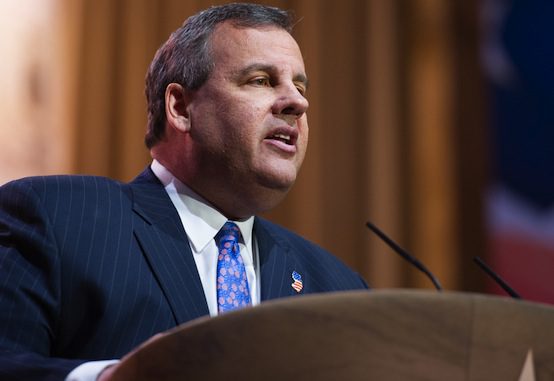Christie’s Hawkish Errors

Christie’s announcement speech contained some nonsensical statements on foreign policy that need a brief response. He said:
And in a world that is as dangerous. As dangerous as frightening as I’ve seen it in my lifetime [bold mine-DL], there is only one indispensable force for good in the world. And it is a strong, unequivocal, America, that will lead the world and not be afraid to tell our friends we’ll be with you no matter what [bold mine-DL]. And to tell our adversaries that there are limits to your conduct and America will enforce the limits to that conduct.
This is generic hawkish rhetoric, but it reflects some of the biggest mistakes that hawks make when thinking about foreign policy. First there is the threat inflation. Christie is 53 years old, so he was an adult before the end of the Cold War. The world has only become less dangerous since then, and in most parts of the world it is less dangerous than it has been in generations. So Christie confirms that he is just as bad at assessing foreign threats as his hawkish competitors for the nomination.
The second error is potentially worse, because it implies that Christie would give America’s “friends” a blank check of U.S. support. The U.S. should be prepared to support and defend genuine allies when they need it, but the U.S. does this because the interests of its allies align with its own. When that is not the case, or when an ally or client behaves in an atrocious fashion, the U.S. shouldn’t confuse its interests with theirs, and it shouldn’t enable behavior that is detrimental to U.S. security. The root of this error comes from thinking of allies and clients as “friends” that should be helped regardless of their behavior. That blinds many Americans to the divergent interests that allies and clients inevitably have, and it causes many Americans to conflate their preferences and ours. No international relationship can be one of unconditional support, and that cuts both ways. Just as the U.S. shouldn’t be expected to side with an allied or client government “no matter what,” Washington should not expect its allies and clients to fall in line behind every U.S. policy. That also means that the U.S. shouldn’t feel compelled to “reassure” its allies and clients at every turn when it pursues a policy that they oppose.
Comments